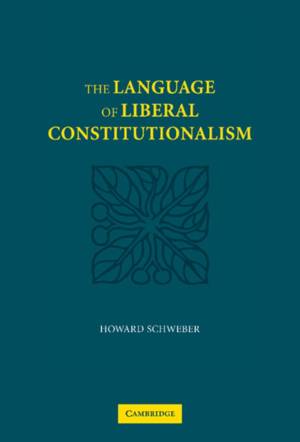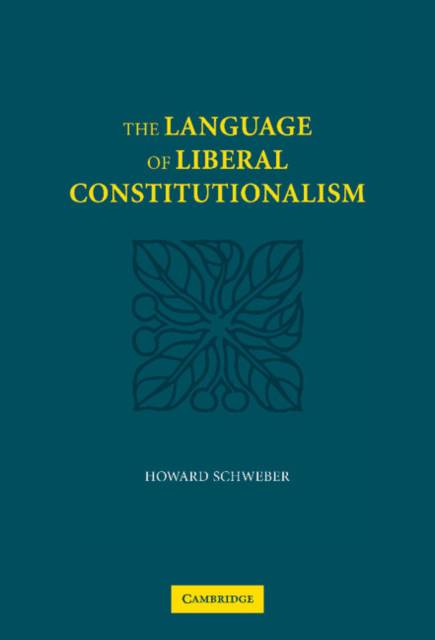
Door een staking bij bpost kan je online bestelling op dit moment iets langer onderweg zijn dan voorzien. Dringend iets nodig? Onze winkels ontvangen jou met open armen!
- Afhalen na 1 uur in een winkel met voorraad
- Gratis thuislevering in België vanaf € 30
- Ruim aanbod met 7 miljoen producten
Door een staking bij bpost kan je online bestelling op dit moment iets langer onderweg zijn dan voorzien. Dringend iets nodig? Onze winkels ontvangen jou met open armen!
- Afhalen na 1 uur in een winkel met voorraad
- Gratis thuislevering in België vanaf € 30
- Ruim aanbod met 7 miljoen producten
Zoeken
€ 194,95
+ 389 punten
Uitvoering
Omschrijving
This book explores two basic questions regarding constitutional theory. First, in view of a commitment to democratic self-rule and widespread disagreement on questions of value, how is the creation of a legitimate constitutional regime possible? Second, what must be true about a constitution if the regime that it supports is to retain its claim to legitimacy? Howard Schweber shows that the answers to these questions appear in a theory of constitutional language that combines democratic theory with constitutional philosophy. The creation of a legitimate constitutional regime depends on a shared commitment to a particular and specialized form of language. Out of this simple observation, Schweber develops arguments about the characteristics of constitutional language, the necessary differences between constitutional language and the language of ordinary law or morality, as well as the authority of officials such as judges to engage in constitutional review of laws.
Specificaties
Betrokkenen
- Auteur(s):
- Uitgeverij:
Inhoud
- Aantal bladzijden:
- 394
- Taal:
- Engels
Eigenschappen
- Productcode (EAN):
- 9780521861328
- Verschijningsdatum:
- 26/02/2007
- Uitvoering:
- Hardcover
- Formaat:
- Genaaid
- Afmetingen:
- 164 mm x 232 mm
- Gewicht:
- 657 g

Alleen bij Standaard Boekhandel
+ 389 punten op je klantenkaart van Standaard Boekhandel
Beoordelingen
We publiceren alleen reviews die voldoen aan de voorwaarden voor reviews. Bekijk onze voorwaarden voor reviews.











